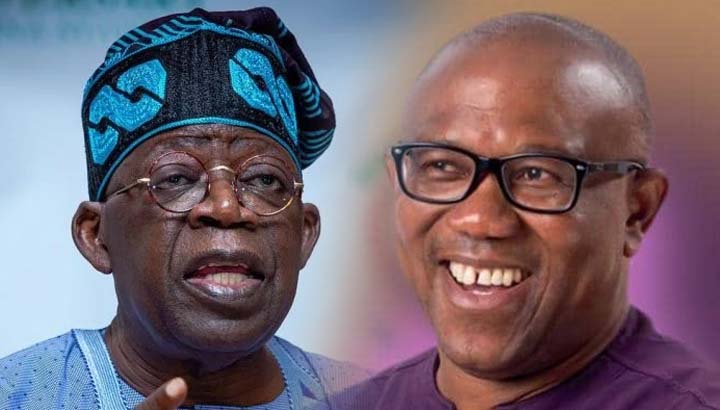By Peter Omopo
Former Labour Party presidential candidate, Peter Obi, has accused President Bola Tinubu’s government of overseeing a sharp decline in foreign direct investment (FDI) into Nigeria.
In a statement shared on his official X account on Friday, Obi attributed the slump to “poor leadership, weak governance, and uncoordinated reforms.” He highlighted fresh data from the National Bureau of Statistics showing that FDI inflows fell by about 70 per cent in the first quarter of 2025, dropping to $126.29 million from $421.8 million in the fourth quarter of 2024.
“While the President, ministers, and other government officials continue their global galivanting in search of FDI, our poor performance in key governance indicators – such as rule of law, regulatory quality, government effectiveness, and voice and accountability – continues to prove that you cannot attract sustainable foreign investment with poor leadership and governance,” Obi wrote.
Obi further noted that FDI accounted for only 2.24 per cent of total capital importation of $5.64 billion in Q1 2025, down from 8.2 per cent in Q4 2024. He warned that most of the capital inflows were speculative, with about 90 per cent directed into money market instruments, offering little impact on industrial growth or job creation.
Highlighting the decline in manufacturing investments, Obi said capital inflows to the sector dropped 32.1 per cent, falling to $129.92 million in Q1 2025 from $191.92 million in the same period in 2023, reflecting “the lack of trust in this government.”
Obi also compared Nigeria’s performance with other African nations, noting that while Africa’s overall FDI rose by 75 per cent to $97 billion in 2024, Nigeria received only $1.08 billion, about one per cent of the continent’s total, representing a 42 per cent decline from 2023.
He warned that unless governance issues were addressed, Nigeria would continue to lose investment to more stable African economies.
“We cannot achieve sustainable growth and development with ineffective leadership and a weak government,” Obi concluded.

